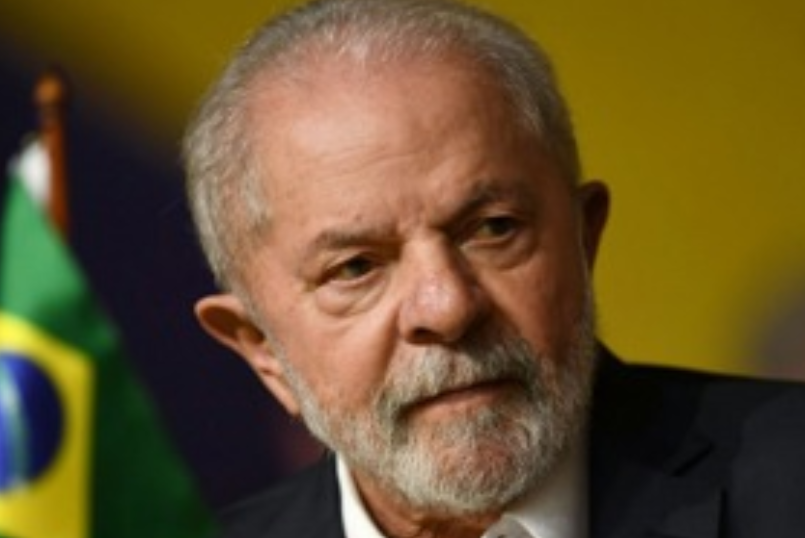European leaders have warmly congratulated leftist Luiz Inácio Lula da Silva on his victory in Brazil's presidential election against far-right incumbent Jair Bolsonaro, with many expressing relief over its positive implications for the battle against climate change.
President of the European Commission Ursula von der Leyen tweeted her congratulations, adding: "I look forward to working with you to address pressing global challenges, from food security to trade and climate change." Her sentiments were echoed by German Chancellor Olaf Scholz, who highlighted trade and the climate as key areas of common interest.
The relief was palpable among almost all EU leaders, with many stating their hopes for renewed cooperation in confronting common challenges, both economic and environmental.
Climate relief
Climate experts and activists have repeatedly stressed the importance of a Lula victory, with many warning that another Bolsonaro presidential term would risk locking the world into cycles of irreversible warming.
"Bolsonaro has dragged Brazil back to the wild west days we thought we’d left behind," said Adriana Ramos, a climate change and indigenous rights expert at Brazil’s Instituto Socioambiental. "If Bolsonaro wins another term in office, the world’s biggest rainforest could pass its tipping point. If he loses, we have the chance to bring it – and Brazil – back from the brink."
Deforestation of the Brazilian Amazon increased greatly during each year of Bolsonaro's presidency, with populist leader's former Foreign Minister, Ernesto Araújo, going as far as to label global warming a "dogma" used to "suffocate the economic growth of capitalist, democratic countries."
In his victory speech last night, Lula promised to protect the Amazon and step up efforts to address global warming.
"Instead of being world leaders in deforestation, we want to be world champions in facing up to the climate crisis and in socio-environmental development," Lula said. "That way we will have healthy food on our plates, clean air to breathe and water to drink and lots of quality jobs with green investment."
Differing world views
European relief on climate matters is tempered by major foreign policy differences between Lula and European leaders.
Brazil's new President is unlikely to be sympathetic to Europe's increasingly hawkish stance on China, which the EU now describes as "an economic competitor and a systemic rival". During his first term as Brazilian President, Lula claimed that Brazil and China "share similar interests" and called on the two nations to form a "strategic alliance".
These promises were borne out: by the end of Lula's first stint as President of Brazil in 2010, China had surpassed the United States to become Brazil's largest trading partner.
Russia-Ukraine
But it is over Russia — and, in particular, the ongoing war in Ukraine — where differences between Lula and European leaders are most pronounced.
In May, Lula drew outrage from many Western leaders when he suggested that Ukraine was equally to blame for Russia's invasion: "Putin shouldn't have invaded Ukraine but it’s not just Putin who is guilty. The US and the EU are also complicit."
"I see the president of Ukraine, speaking on television, being applauded, getting a standing ovation from all the [European] parliamentarians. This guy is as responsible as Putin for the war."
Lula also singled out US President Joe Biden for his handling of the Ukraine crisis: "The United States has a lot of political clout and Biden could have avoided war, not incited it," he said. "Biden could have taken a plane to Moscow to talk to Putin. This is the kind of attitude you expect from a leader."
Related News
Though a political pragmatist, Lula is no stranger to openly voicing his criticism of Western foreign policy. Among other things, he has repeatedly criticised the US for its decades-long economic blockade of Cuba, which Lula claims is "unacceptable, [and] not fair, normal or democratic."
"As long as I live, I will say that the United States must end its blockade [of Cuba]," Lula said in November last year.

